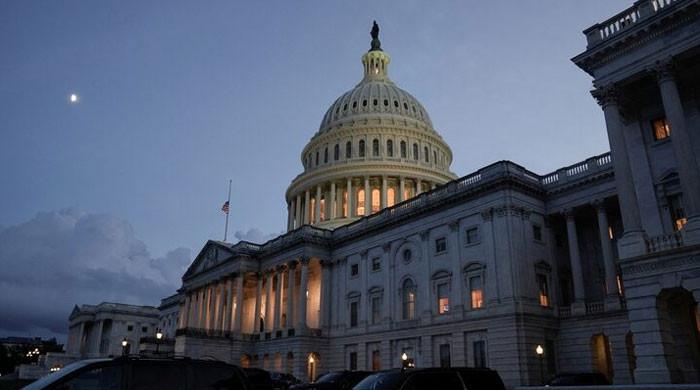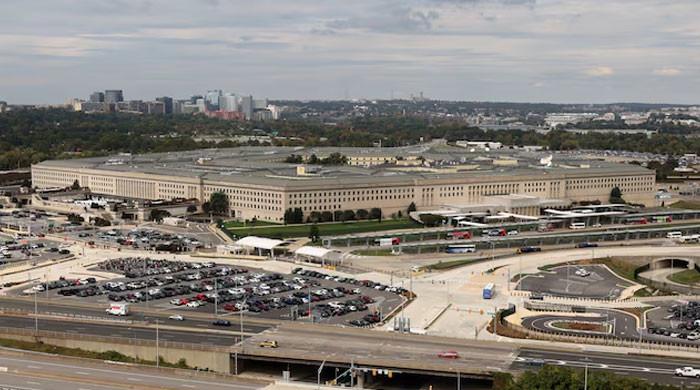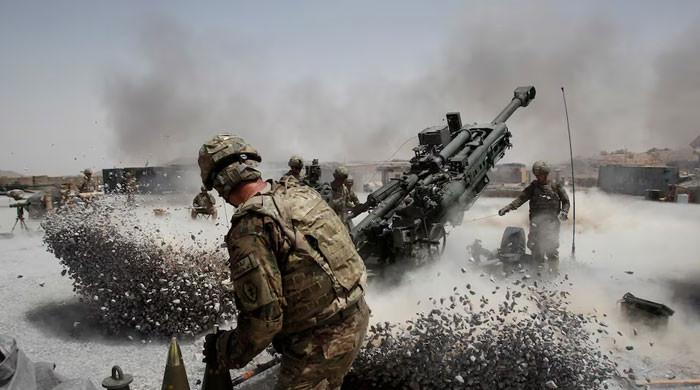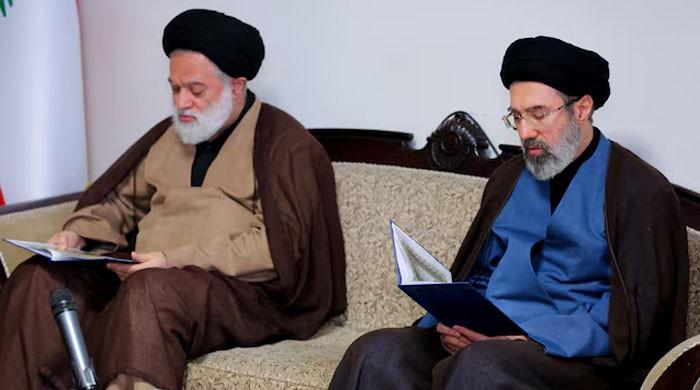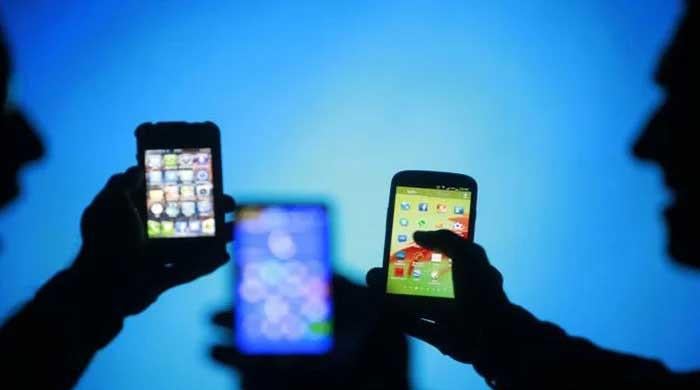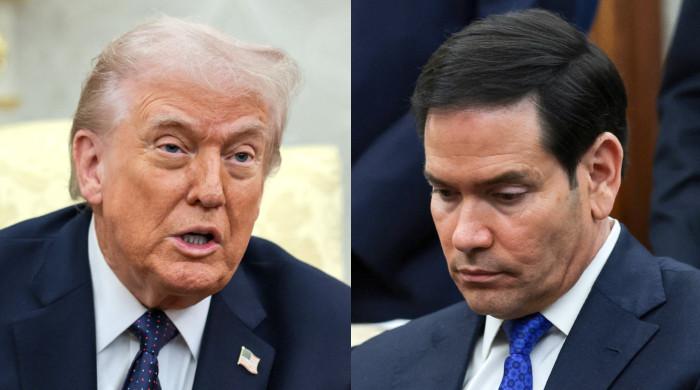N Korea launches ballistic missile days after firing Hwasong-17
North's state media describes ICBM launch as a response to ongoing, frantic US-South Korea drills
March 19, 2023
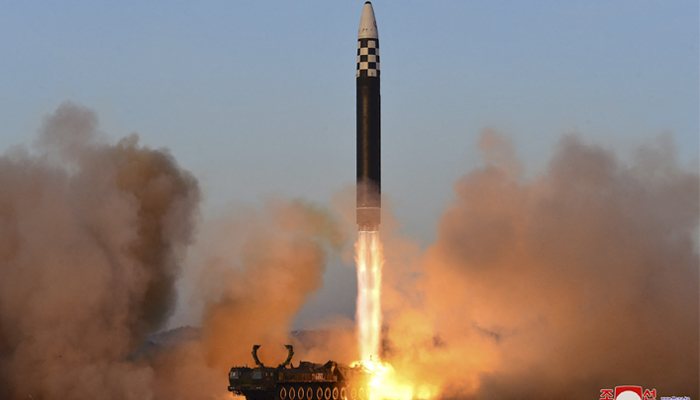
- Amid North's record testing, South Korea-US pace up joint drills.
- North Korea views all such exercises as rehearsals for invasion.
- Last year, North declared itself an "irreversible" nuclear power.
SEOUL: North Korea fired a ballistic missile on Sunday, Yonhap news agency reported, the latest launch to come as South Korea and the United States stage major military drills.
"North Korea fires ballistic missile towards the East Sea," Yonhap reported, citing Seoul's Joint Chiefs of Staff and referring to the body of water also known as the Sea of Japan.
After a record-breaking year of weapons tests and growing nuclear threats from Pyongyang, Seoul and Washington have ramped up security cooperation, and on March 13 kicked off their largest joint military drills in five years.
Known as Freedom Shield, the drills run for 10 days.
North Korea views all such exercises as rehearsals for invasion and has repeatedly warned it would take "overwhelming" action in response.
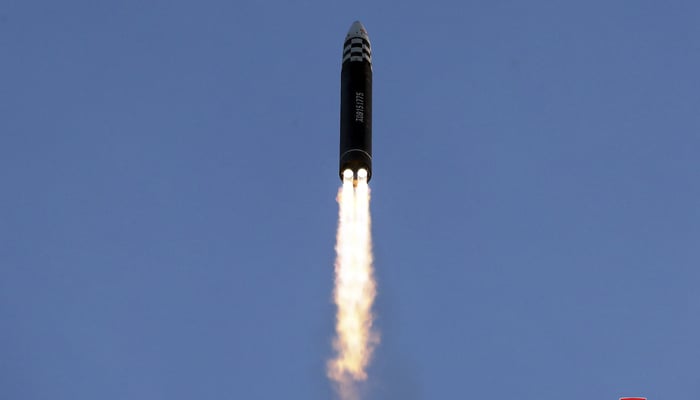
Sunday's launch also comes just days after Pyongyang test-fired its largest and most powerful missile, a Hwasong-17 — its second Inter-continental ballistic missile (ICBM) test this year.
The North's state media described the ICBM launch as a response to the ongoing, "frantic" US-South Korea drills.
Just hours after the ICBM was fired Thursday, South Korean President Yoon Suk Yeol arrived in Japan to thaw long-frozen ties and boost cooperation in the face of an increasingly aggressive Pyongyang.
Last year, North Korea declared itself an "irreversible" nuclear power, and leader Kim Jong Un recently called for an "exponential" increase in weapons production, including tactical nukes.





